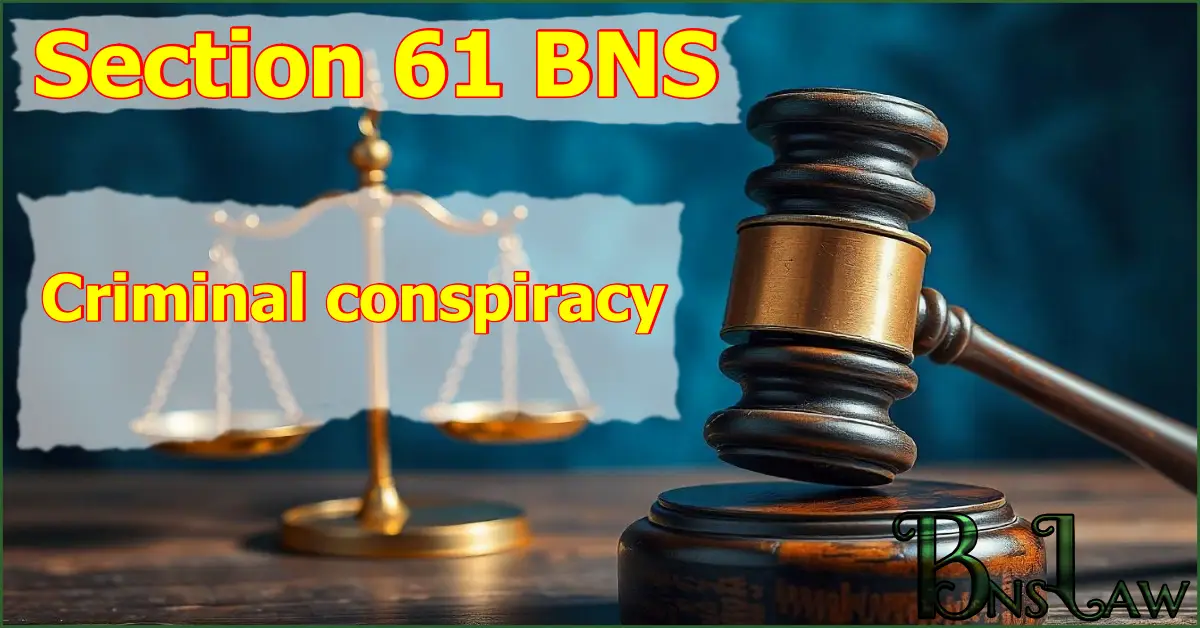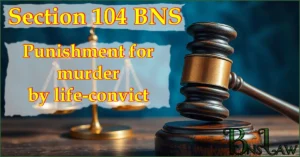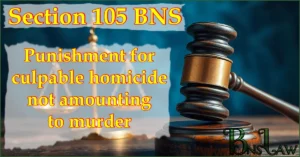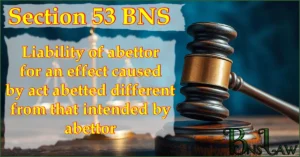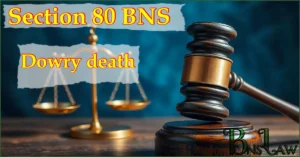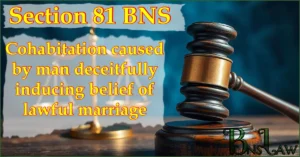Section 61 BNS | BNS 61 | Criminal Conspiracy Section in BNS
61(1) BNS
When two or more persons agree with the common object to do, or cause to be done—
(a) an illegal act; or
(b) an act which is not illegal by illegal means, such an agreement is designated a criminal
conspiracy:
Provided that no agreement except an agreement to commit an offence shall amount to a criminal conspiracy unless some act besides the agreement is done by one or more parties to such agreement in pursuance thereof.
Explanation— It is immaterial whether the illegal act is the ultimate object of such agreement, or is merely incidental to that object.
61(2) BNS
Whoever is a party to a criminal conspiracy,—
(a) to commit an offence punishable with death, imprisonment for life or rigorous imprisonment for a term of two years or upwards, shall, where no express provision is made in this Sanhita for the punishment of such a conspiracy, be punished in the same manner as if he had abetted such offence;
(b) other than a criminal conspiracy to commit an offence punishable as aforesaid shall be punished with imprisonment of either description for a term not exceeding six months, or with fine or with both.
READ OTHER SECTIONS OF CHAPTER IV — OF ABETMENT, CRIMINAL CONSPIRACY AND ATTEMPT
FAQs of BNS Section 61
-
61 BNS punishment and fine
Punishment and fine under Section 61 of the BNS—
61(2)(a): Same as for abetment of the offence which is the object of the conspiracy.
61(2)(b): Imprisonment for 6 months, or fine, or both. -
61 BNS cognizable or not
61(2)(a): According as the offence which is the object of conspiracy is cognizable or non-cognizable.
61(2)(b): Non-cognizable. -
61 BNS bailable or not
61(2)(a): According as offence which is object of conspiracy is bailable or non-bailable.
61(2)(b): Bailable. -
61 BNS trial court
61(2)(a): Court by which abetment of the offence which is the object of conspiracy is triable.
61(2)(b): Magistrate of the first class.
Important Points
- Cognizable Offences: These are offences where a police officer can arrest a person without a warrant.
- Non-Cognizable Offences: These are offences where a police officer cannot arrest a person without a warrant.
- Bailable Offences: These are offences where the accused can get bail from the police station itself. All bailable offences are listed in the First Schedule of the Bharatiya Nagarik Suraksha Sanhita (BNSS).
- Non-Bailable Offences: Offences in which bail is not granted directly from the police station but after hearing the case in the court, the judge decides when bail will be granted. All non-bailable offences are listed in the first schedule of the Bharatiya Nagarik Suraksha Sanhita (BNSS).
- In the above FAQ, “trial court” means the court that has jurisdiction to try the offence.
- In the above FAQ, the expression “Magistrate of the first class” and “Any Magistrate” does not include Executive Magistrates.
Read other Sections of the BNS
Reference Link: New Criminal Laws (BNS), Ministry of Home Affairs

